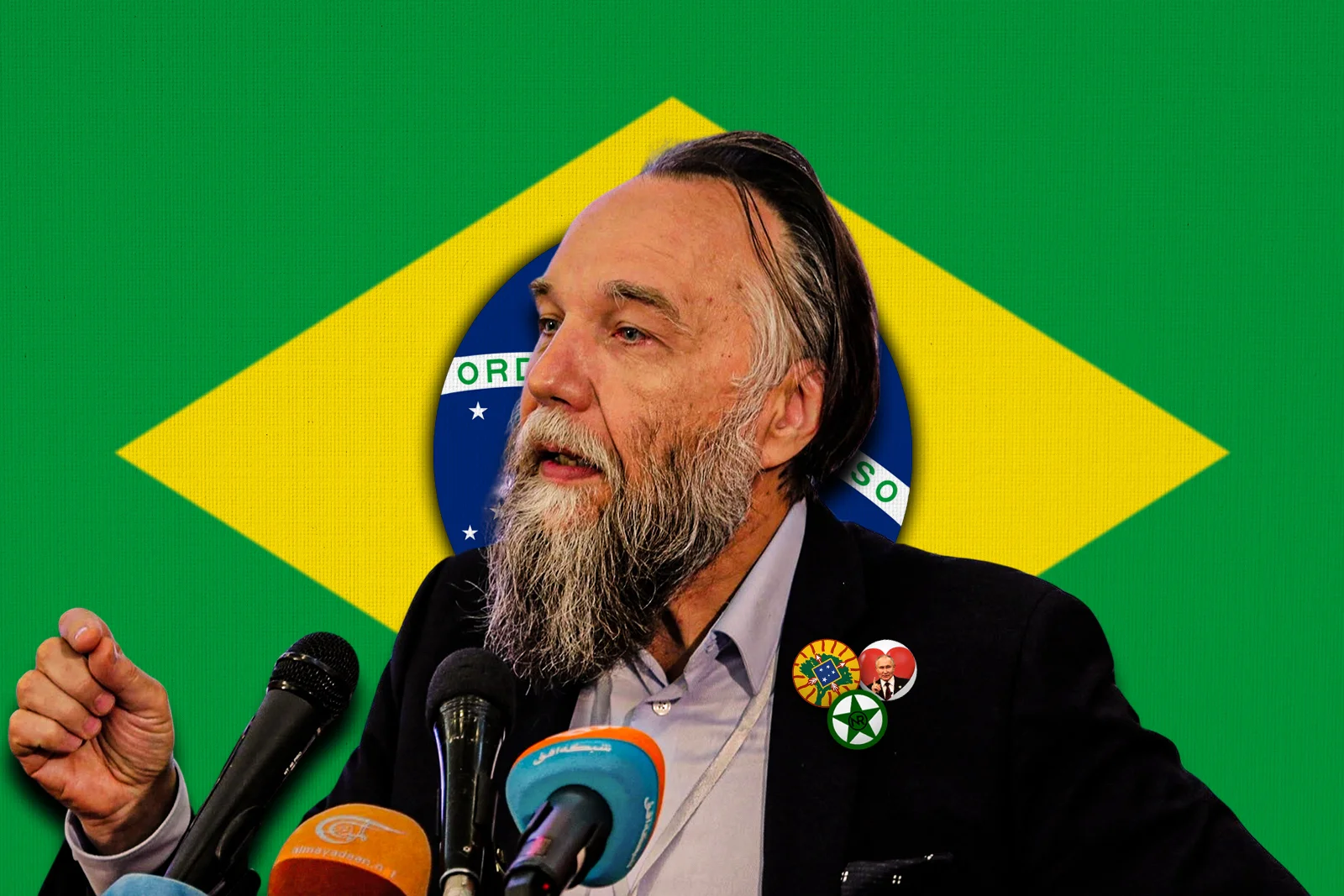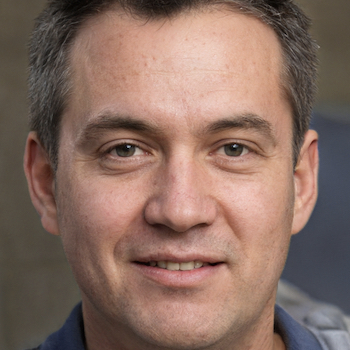
Examining Russian Ideologue Aleksandr Dugin’s Influence in Brazil
An under-the-surface web of influence has been woven in Brazil, with the help of the academic work and political philosophy of far-right Russian political theorist Aleksandr Dugin, often referred to as “Putin’s brain.” The impact of this has and continues to be felt in the social and political spheres of the country, warranting a thorough examination of the way in which this influence has manifested itself, namely, through his visits to the country, a developed local follower base, and his academic network.
Although it might not appear to be the case at first glance, Dugin’s influence within Brazil’s academic institutions has been substantial, with connections spanning at least six major universities. Particularly strong support was seen at some of the country’s major academic institutions, including but not limited to, the University of São Paulo (USP), the Escola Superior de Guerra (ESG), and the Universidade Estadual do Rio de Janeiro (UERJ). These institutions have hosted him as a keynote speaker and featured his work in their publications, with some going so far as to allow the creation of organizations whose purpose is to amplify his ideas.
The University of São Paulo, in particular, has been central in promoting many of Dugin’s political views, which can be characterized as neo-fascist. Key academics at the institution helped him initially permeate Brazilian intellectual circles and facilitated his securing a platform for the discussion of controversial and often offensive ideas under the guise of academic debate and free and fair discussion. This allowed Dugin to present his ideas within a controlled setting with few challengers under the guise of needing to allow nuanced and diverse viewpoints to flourish.
A more concerning picture is painted for those who look beyond these academic institutions. Any conversation about Dugin warrants an examination of his connection to far-right individuals and organizations. These have included Nova Resistência (NR) and Frente Sol da Pátria, pro-Russian groups known for their militant hard-line stances. Such questionable and extreme organizations have helped to further spread Dugin’s ideology across the country, armed with almost free rein to push his ideas on social media platforms such as X, YouTube, Facebook, and Instagram. With lax moderation of extremist content and limited oversight outside of the English language, social media has provided fertile ground for Dugin’s followers to sow his message with little to no resistance. This has most recently seen the spread of the ideas he puts forward in his 2021 book, The Great Awakening vs the Great Reset, which is functionally an open declaration of war against what he calls, “the twin diseases” of liberalism and Western political modernity.
Brazil’s relatively open diplomatic relationship with Russia has been cordial, especially compared to the general approach these days to Russia in the international community. The current Brazilian government has shown support for Russian interests in several key international decisions opposed by other (particularly Western) countries, most importantly, in relation to Moscow’s brutal invasion of Ukraine. Very close relations have been evident between Russian President Vladimir Putin and former President Jair Bolsonaro and, more recently, current president, Lula da Silva. The importance of these diplomatic relations at a time when Russia is functionally a pariah state should not be understated and has been complemented by still-growing trade relations, particularly in the fertilizer and banking sectors where many of Putin’s oligarchs and, by proxy, the Kremlin, hold their key financial interests.
Within this context, several Brazilian academics responsible for promoting Dugin’s work have forged private-sector connections that could fund their own activities. Unfortunately, without access to internal documentation backing this up, it is impossible to determine the scope of this financial support.
A closer look at the case of minor celebrity Flavia Virginia, who founded the Centro de Estudos de Multipolaridade (CEM), is an excellent illustration of the manner in which Dugin’s network operates in Brazil. Flavia was first exposed to Dugin’s philosophy at a USP-organized event coordinated by a professor with clear connections to Dugin. Subsequent interactions with Dugin and USP-affiliated academics led to the eventual establishment of CEM in 2015, a center which is dedicated to promoting Dugin’s theory of global multipolarity.
Flavia’s journey from USP student to central proponent of Dugin’s ideology only serves to show how academic networks can nurture and legitimize ideas that previously sat on the fringe of academic thinking. This case concerningly resembles other such cases in Latin American countries. See Peru, for example, where Israel Lira took a similar path when he established the Center for Crisolist Studies following up on his studies at the University of Lima.
Thus, the strategy employed by Dugin and his supporters involves cultivating international academic relationships and actively pursuing connections with intellectuals abroad who have the potential to assist in broadening the reach and scope of Dugin’s ideology. Promoting such academic collaboration serves to normalize and legitimize his thinking under the guise of “scholarly exchange.”
Aleksandr Dugin’s network in Brazil is a prime example of a sophisticated approach to spreading radical ideology. It is a case study that can teach us a lot about the way far-right elements are currently using similar tactics to penetrate academic and social circles the world over. Their two-fold approach is focused on embedding ideas and spreading them widely.
Planting his often-radical ideas in well-regarded academic institutions where they gain the credence of legitimate theories, is the first step in this delicate and sometimes prolonged process, which is key for facilitating their normalization. Spreading these ideas as widely as possible is the next step, and for this, social media is employed in order to help ensure their far-reaching scope.
Through both of these mechanisms, Dugin and his followers push out their unique, controversial vision of a global multipolar, and according to their approach, irreconcilable and even zero-sum world order. Understanding the inner workings of this sophisticated operation is a must for both policymakers and academics alike, revealing the subtle yet powerful ways in which extremist ideas and ideologies can penetrate and potentially overtake today’s mainstream discourse in international relations.

